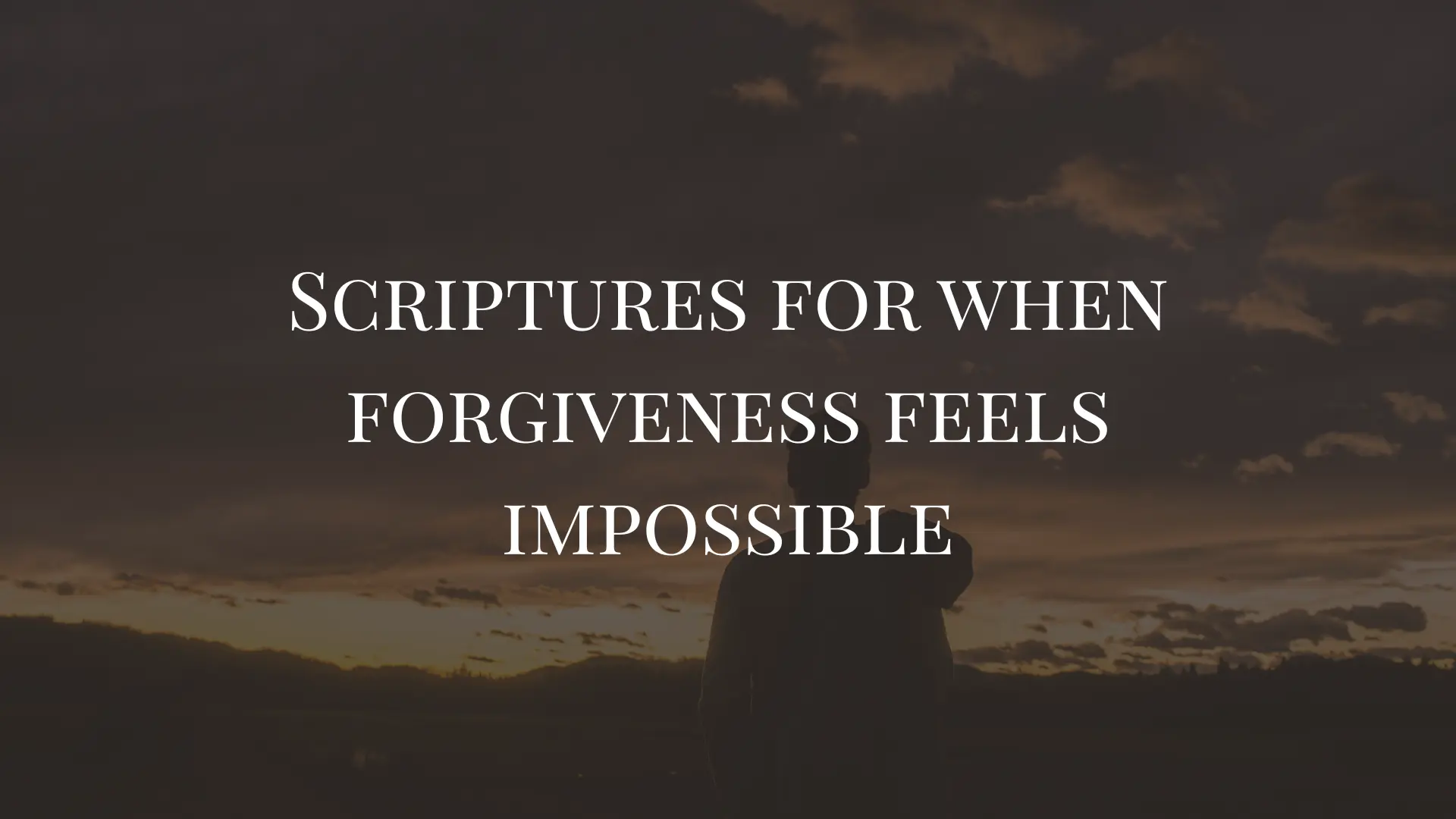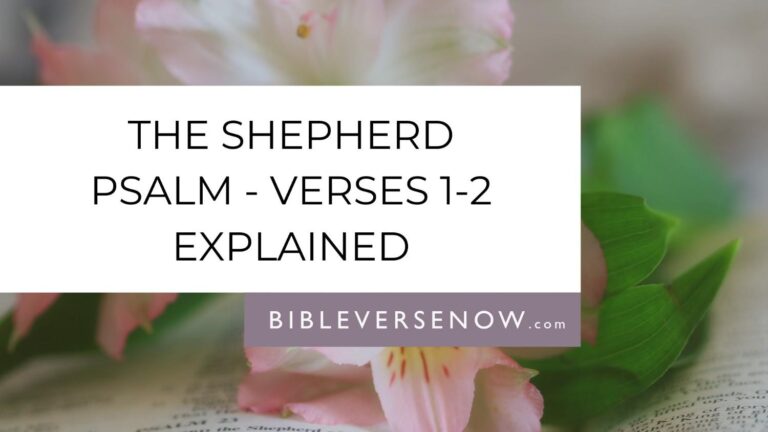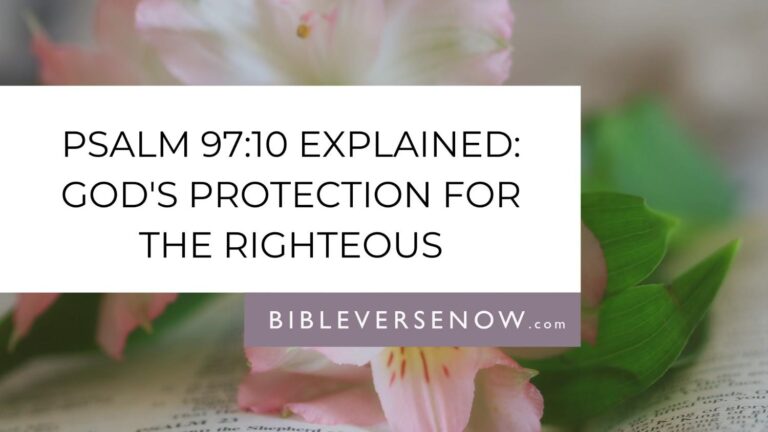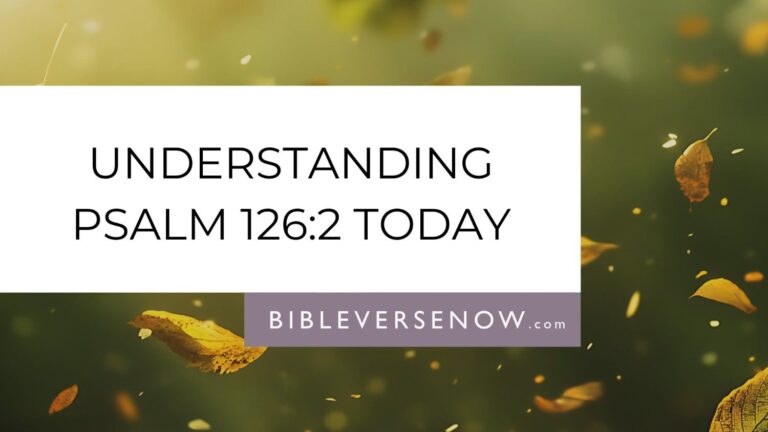The weight of unforgiveness sits heavy on your heart, doesn’t it? Whether someone deeply wounded you or you’re struggling to release resentment that’s been building for months, that familiar ache of bitterness knows exactly where to find you. You’ve replayed the conversation, rehearsed what you should have said, and felt that familiar fire rise in your chest when their name comes up. But tonight, as you search for answers, God wants to meet you right here in this place of pain. These Bible verses about holding grudges and forgiveness aren’t just ancient words—they’re divine medicine for hearts that have been carrying burdens far too long.
What the Bible Says About Holding Grudges
Scripture doesn’t mince words when it comes to harboring resentment. The Bible presents holding grudges as a spiritual poison that damages us far more than those who hurt us. When we choose to nurse our wounds rather than heal them, we’re not protecting ourselves—we’re imprisoning our own hearts.
Leviticus 19:18 reminds us, “Do not seek revenge or bear a grudge against anyone among your people, but love your neighbor as yourself. I am the Lord.” This isn’t just a suggestion for better relationships; it’s a divine command that recognizes how destructive grudges become when left unchecked.
The Hebrew word for “grudge” here literally means “to keep” or “to guard,” painting the picture of someone carefully tending to their anger like a gardener tends to plants. But unlike a garden that produces life, grudges only produce more bitterness, sleepless nights, and relationships that wither under the weight of unresolved hurt.
Ecclesiastes 7:9 warns us that “anger resides in the lap of fools.” When we hold onto grudges, we’re essentially choosing to carry our offender’s actions with us everywhere we go. They hurt us once, but through our unforgiveness, we hurt ourselves again and again.
Bible Verses for When Someone Has Deeply Hurt You
When betrayal cuts deep and forgiveness feels impossible, these scriptures offer both comfort and direction for your wounded heart.
Matthew 18:21-22 records one of the most challenging yet liberating conversations in Scripture: “Then Peter came to Jesus and asked, ‘Lord, how many times shall I forgive my brother or sister who sins against me? Up to seven times?’ Jesus answered, ‘I tell you, not seven times, but seventy-seven times.'”
Jesus isn’t giving us a mathematical formula here—He’s revealing the limitless nature of divine forgiveness and calling us to reflect that same grace. When Peter suggested seven times (which seemed generous by rabbinical standards), Jesus essentially said, “Stop counting. Start forgiving.”
Colossians 3:13 provides practical wisdom: “Bear with each other and forgive one another if any of you has a grievance against someone. Forgive as the Lord forgave you.” Notice the phrase “as the Lord forgave you.” Our forgiveness isn’t based on whether someone deserves it, but on remembering how much we’ve been forgiven.
1 Peter 3:9 challenges us to break cycles of retaliation: “Do not repay evil with evil or insult with insult. On the contrary, repay evil with blessing, because to this you were called so that you may inherit a blessing.” This verse reveals that forgiveness isn’t just about freeing others—it’s about positioning ourselves to receive God’s blessing.
Scriptures About Releasing Resentment and Bitterness
Resentment acts like acid, eating away at the container that holds it. These verses show us God’s path toward emotional and spiritual freedom.
Ephesians 4:31-32 gives us perhaps the clearest instruction about dealing with bitterness: “Get rid of all bitterness, rage and anger, brawling and slander, along with every form of malice. Be kind and compassionate to one another, forgiving each other, just as in Christ God forgave you.”
The phrase “get rid of” in the original Greek means to remove completely, like taking off dirty clothes. God isn’t asking us to manage our bitterness better—He’s calling us to remove it entirely and replace it with kindness and compassion.
Hebrews 12:15 warns about the spreading nature of bitterness: “See to it that no one falls short of the grace of God and that no bitter root grows up to cause trouble and defile many.” Bitterness doesn’t stay contained. It grows, spreads, and eventually affects everyone around us, including those we love most.
Proverbs 17:9 offers wisdom about how to handle offenses: “Whoever would foster love covers over an offense, but whoever repeats the matter separates close friends.” Sometimes the most loving thing we can do is choose not to rehearse the details of how we’ve been wronged.
Bible Verses About God’s Heart for Forgiveness
Understanding how God forgives us transforms how we forgive others. His mercy becomes the model and motivation for our own acts of grace.
Psalm 103:12 paints a beautiful picture of divine forgiveness: “As far as the east is from the west, so far has he removed our transgressions from us.” God doesn’t just forgive our sins—He removes them to an infinite distance. East and west never meet, creating a gap that cannot be measured or crossed.
1 John 1:9 provides the promise that sustains us: “If we confess our sins, he is faithful and just and will forgive us our sins and purify us from all unrighteousness.” God’s forgiveness isn’t grudging or reluctant—it’s faithful and complete.
Isaiah 43:25 reveals God’s heart: “I, even I, am he who blots out your transgressions, for my own sake, and remembers your sins no more.” Notice that God chooses not to remember our sins. This doesn’t mean He develops divine amnesia, but that He chooses not to hold our past against us.
Micah 7:19 uses powerful imagery: “You will again have compassion on us; you will tread our sins underfoot and hurl all our iniquities into the depths of the sea.” God doesn’t just forgive—He destroys the power of our sins completely.
Practical Steps for Choosing Forgiveness Over Grudges
Forgiveness is both a decision and a process. These biblical principles guide us toward genuine healing and freedom.
Romans 12:19 addresses our desire for justice: “Do not take revenge, my dear friends, but leave room for God’s wrath, for it is written: ‘It is mine to avenge; I will repay,’ says the Lord.” This doesn’t mean injustice goes unpunished—it means we trust God to handle justice while we focus on healing.
Start by acknowledging the hurt honestly before God. Psalm 62:8 encourages us: “Trust in him at all times, you people; pour out your hearts to him, for God is our refuge.” Don’t spiritualize your pain away—bring it fully into God’s presence.
Matthew 5:44 gives us Jesus’ revolutionary command: “But I tell you, love your enemies and pray for those who persecute you.” Praying for someone who hurt you might feel impossible at first, but it’s one of the most powerful ways to break resentment’s hold on your heart.
Choose to bless instead of curse. Luke 6:28 instructs us to “bless those who curse you, pray for those who mistreat you.” This doesn’t mean becoming a doormat—it means choosing to respond from a place of spiritual strength rather than emotional reactivity.
When Forgiveness Feels Impossible
Some wounds cut so deep that forgiveness feels not just difficult, but wrong. In these moments, we need divine help to do what feels humanly impossible.
Philippians 4:13 reminds us that “I can do all this through him who gives me strength.” The “all this” includes forgiving the unforgivable. Christ’s strength makes possible what our own willpower cannot achieve.
2 Corinthians 12:9 offers hope for our weakness: “But he said to me, ‘My grace is sufficient for you, for my power is made perfect in weakness.'” When forgiveness feels beyond our capacity, God’s grace fills the gap.
Remember that forgiveness doesn’t mean forgetting, enabling future harm, or pretending the wound never happened. Proverbs 27:14 teaches us about wisdom in relationships, and sometimes love requires boundaries.
Jeremiah 17:14 becomes our prayer: “Heal me, Lord, and I will be healed; save me and I will be saved, for you are the one I praise.” We can ask God to heal not just our wounds, but our ability to forgive.
The Freedom That Comes Through Forgiveness
When we choose forgiveness over grudges, we discover that we’re not just releasing others—we’re setting ourselves free.
Galatians 5:1 declares our liberty: “It is for freedom that Christ has set us free. Stand firm, then, and do not let yourselves be burdened again by a yoke of slavery.” Unforgiveness is a yoke of slavery that keeps us chained to our past hurts.
Isaiah 61:3 promises beauty from ashes: “To bestow on them a crown of beauty instead of ashes, the oil of joy instead of mourning, and a garment of praise instead of a spirit of despair.” God specializes in transforming our deepest wounds into sources of strength and wisdom.
Romans 8:28 assures us that “in all things God works for the good of those who love him, who have been called according to his purpose.” Even the painful experiences that required forgiveness can become part of God’s good plan for our lives.
A Prayer for Hearts That Need to Forgive
Heavenly Father, You know the weight I’ve been carrying and how this hurt has taken root in my heart. I don’t want to hold grudges anymore, but sometimes forgiveness feels impossible. Help me remember how completely You’ve forgiven me, and let that truth transform how I respond to those who’ve wounded me.
I choose today to release the resentment I’ve been nursing. I don’t want to be a prisoner to someone else’s actions anymore. Give me Your heart for the person who hurt me. Help me see them through Your eyes of compassion, even when mine are still clouded by pain.
Heal the wounded places in my soul and replace bitterness with Your peace. Where I feel angry, bring gentleness. Where I want revenge, help me trust Your justice. Where I’ve built walls, show me how to choose love instead.
Thank You that Your mercies are new every morning and that Your grace is sufficient for every hurt I’ll ever face. Help me walk in the freedom that comes from forgiveness, and use even this painful experience to make me more like Jesus. In His precious name, Amen.




